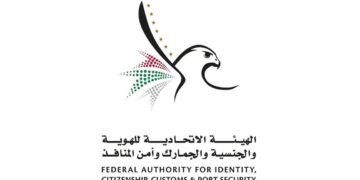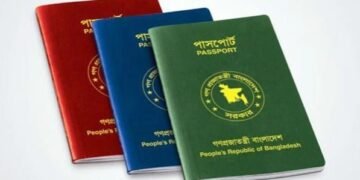High sodium risks linked to BP, heart disease, stroke, and kidney damage, cautions MoHAP
The ministry issued the advisory as part of the World Salt Awareness Week, held from May 12 to 18.
The Ministry of Health and Prevention (MoHAP) in Dubai has issued a strong advisory to the public, highlighting the significant risks associated with hidden salt in numerous common foods. As part of World Salt Awareness Week, observed from May 12th to 18th under the theme “5 Ways to 5 Grams,” MoHAP urged residents to actively decrease their daily sodium intake to protect themselves from severe health complications.
This global initiative, spearheaded by World Action on Salt and Health (WASH), underscores the critical need to limit daily salt consumption to a maximum of 5 grams, which is approximately one teaspoon, aligning with the recommendations of the World Health Organization (WHO). Studies have indicated that the average salt intake in the UAE surpasses this recommended limit, largely due to the prevalence of high salt content in processed foods, frequent dining out, and cooking habits that heavily rely on salt and salty seasonings.
MoHAP has been proactive in cautioning the public through its online platforms, stating that “Salt is not just what you sprinkle on your plate. It is hidden in many foods.” This “hidden salt” refers to sodium that is naturally present or added during food processing, often unnoticed in everyday items such as canned goods, fast food, processed meats like sausages and cold cuts, cheese, ready-made sauces, and salty snacks.
The ministry further elaborated on the dangers of excessive sodium consumption, explaining that “Higher consumption causes the body to retain water and increases the risk of various diseases such as high blood pressure, heart disease, stroke, and kidney damage.” To help residents reduce their salt intake, MoHAP recommends several practical steps: opting for fresh or frozen foods over canned or processed options, limiting restaurant meals and takeout, cooking at home using herbs and spices instead of salt, and keeping the saltshaker off the dining table. By increasing awareness of hidden salt and providing actionable advice, MoHAP aims to empower the community to make healthier food choices and reduce their risk of salt-related health issues.
Studies have shown that average salt consumption in the UAE exceeds this recommended limit. Overconsumption is largely due to the high salt content in processed foods, frequent dining out, and cooking habits that rely heavily on salt and salty seasonings.
The ministry warned residents online: “Salt’s not just on your plate; it’s hidden in many foods, including canned goods, fast food, processed meats, cheese, ready-made sauces, and salty snacks.”
Table salt is a compound made of sodium (Na) and chloride (Cl). Sodium is the key element that impacts blood pressure and cardiovascular health.
“While the body requires a small amount of sodium for proper function, consuming too much can be detrimental. According to MoHAP, higher intake prompts the body to retain water and elevates the risk of various health issues, including high blood pressure, heart disease, stroke, and kidney damage.”
To help residents make healthier choices and reduce the long-term harm caused by excessive sodium, especially hidden sources, MoHAP recommends the following:
Read food labels to check sodium content.
Select products with 5% or less of the daily value (DV) of sodium per serving.
Opt for fresh or frozen foods rather than canned or processed items.
Limit restaurant meals and takeout.
Cook at home using herbs and spices instead of salt.
Keep the saltshaker off the dining table.














































































